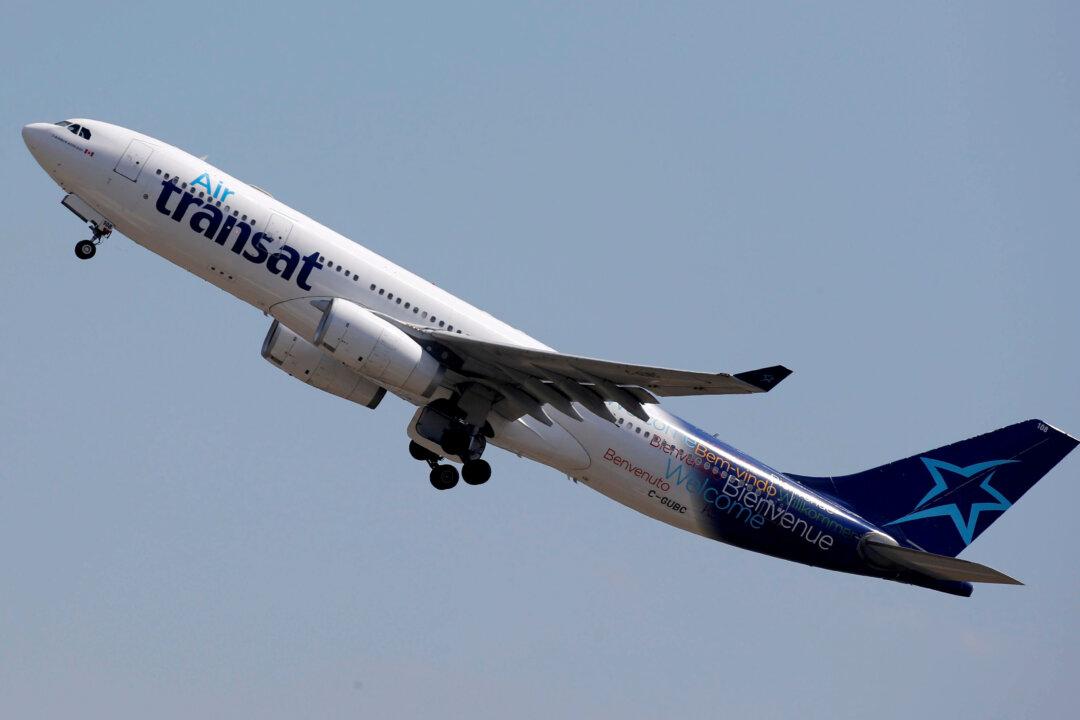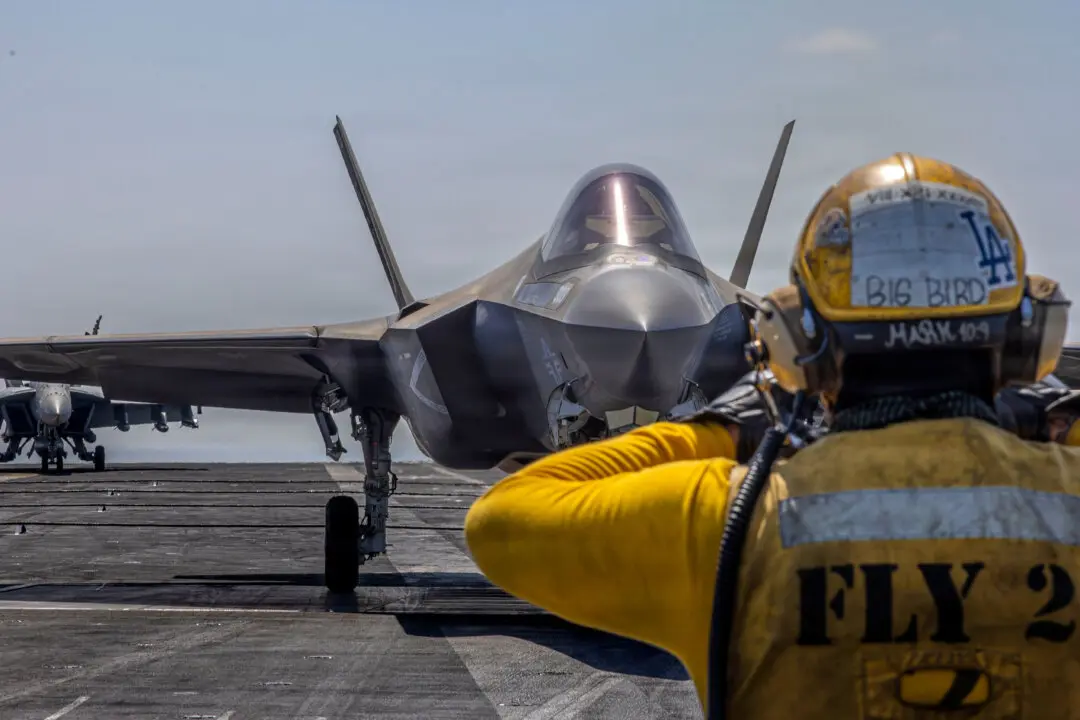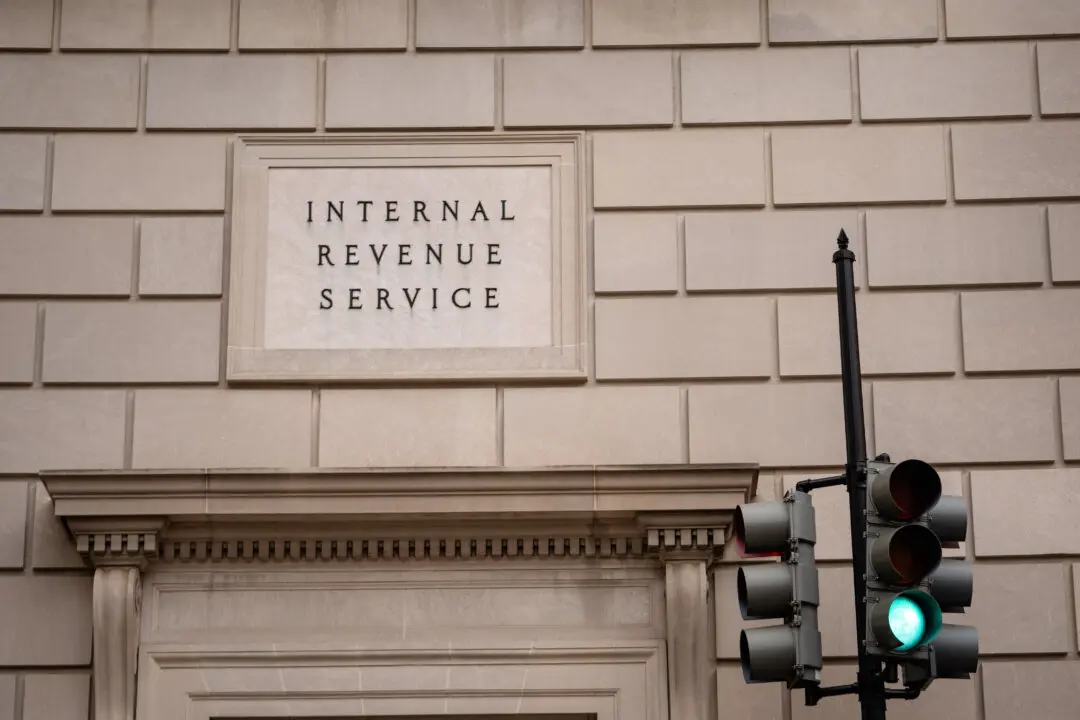The Federal Aviation Administration (FAA) has proposed new fuel efficiency standards for aircraft purportedly aimed at lowering the impact of air travel on climate change.
“Today is an important step forward in reducing the amount of greenhouse gas emissions released by our nation’s airplanes and ultimately reaching President Biden’s ambitious goal of net-zero emissions by 2050,” Department of Transportation Secretary Pete Buttigieg said in a June 15 press release.





